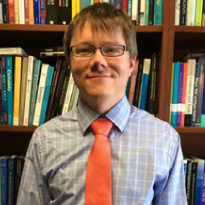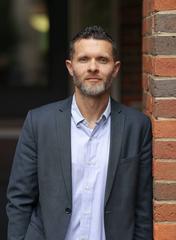Mike Almeida is Professor of Philosophy and Classics at the University of Texas, San Antonio, and Josh Thurow is Associate Professor of Philosophy and Classics at the University of Texas, San Antonio. We invited them to answer the question “Is there a future for the philosophy of religion?” as part of our “Philosophers of Religion on Philosophy of Religion” series.
EPISTEMIC PARTISANSHIP
1. Introduction
Some intriguing arguments have recently been advanced for the thesis that the practice of the philosophy of religion suffers from serious epistemic deficiencies. According to Paul Draper and Ryan Nichols, for instance, the practice of philosophy of religion—and especially its theistically committed practitioners—regularly violate norms of rationality, objectivity, and impartiality in the review, assessment, and weighing of evidence (Draper and Nichols, 2013).
In §§2-3, we consider the charge of epistemic partisanship and show that the observational data does not in fact illustrate a norm-violating form of inquiry. We argue that the major oversight in the charge of epistemic partiality is the epistemically central role of prior probabilities in determining the significance of incongruent evidence. We argue that reasonably divergent views on the likelihood of theism on incongruent evidence can also account for differences in significance. We conclude that it is an epistemic requirement that committed theists regard incongruent evils as much less significant evidence against theism than do lukewarm theists, agnostics, or atheists. Differences in the significance of evidence properly reflect differences in commitments to theism. Continue reading




